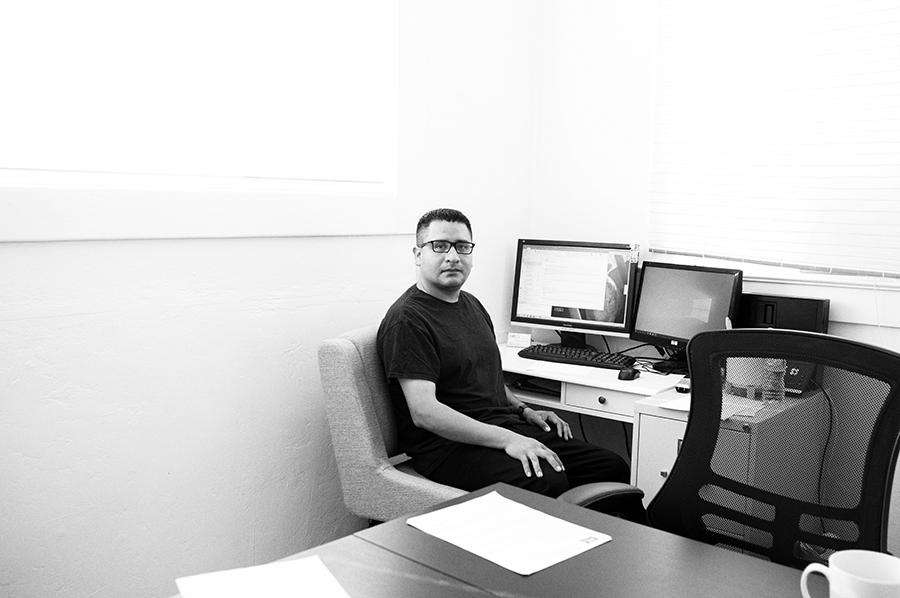You’re sure you just saw Jorge Martinez when you grabbed your 5:30 a.m. coffee at Toby’s. Then, later that morning . . .
Jorge Martinez: Here, there and everywhere


You’re sure you just saw Jorge Martinez when you grabbed your 5:30 a.m. coffee at Toby’s. Then, later that morning . . .